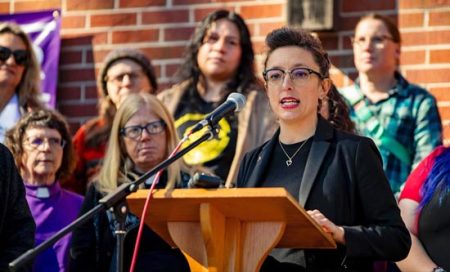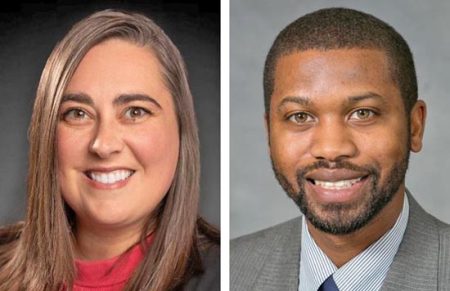“Blackbird” Given New Life
Melba Beals, one of the Little Rock Nine and a fan of both the Beatles and Beyoncé, says the song captures Black Americans’ strength and determination.

Acknowledging the struggle for equality; waiting for freedom to arrive.
The Beatles classic song “Blackbird” pays homage to the Little Rock Nine — a group of Black students who fought to desegregate public schools in the United States.
According to Paul McCartney, the term “Blackbird” was shorthand for “Black girl.” In his 1997 book, Many Years From Now, McCartney said, “This was really a song from me to a Black woman experiencing these problems in the States: ‘Let me encourage you to keep trying, to keep your faith, there is hope.’”
For one member of the Little Rock Nine, Melba Pattillo Beals, who endured verbal and physical harassment throughout high school, the lyrics “Blackbird singing in the dead of night” reminded her of how slaves relied on music to cope with the pain of daily life.
Beals enrolled at the previously all-white Central High School in Little Rock, Ark., in 1957, along with 8 other students. Their attendance at the school was a test of Brown v. Board of Education, which had been ratified by the Supreme Court just a few years earlier.
The court’s decision ruled that segregation in public high schools was unconstitutional, seemingly paving the way for racial equality across the country–although Arkansas Governor Orval Faubus didn’t see it that way. He called in the Arkansas National Guard to block the Black students–Ernest Green, Minnijean Brown, Elizabeth Eckford, Thelma Mothershed, Melba Pattillo, Gloria Ray, Terrence Roberts, Jefferson Thomas, and Carlotta Walls–from entering the school.
Beals added that the next set of lyrics—“Take these broken wings and learn to fly” and “Take these sunken eyes and learn to see”—captured Black Americans’ strength and determination in a country that historically prevented them from succeeding.
“Blackbiird,” performed by Beyoncé, Brittney Spencer, Reyna Roberts, Tanner Adell, and Tiera Kennedy.
Beyoncé’s recent cover of the song is featured on her new album, Cowboy Carter. Beals, who is now 82, is a fan of both the Beatles and Beyoncé. In an interview with NPR, she said the song is more special to her than ever.
“People ignored the song’s meaning for a long time,” Beals said. “But when the Queen B speaks, people will listen. And when people listen, they may open their minds to compassion about differences.”
Read the full interview with Melba Beals at www.npr.org/2024/04/02/1242106502/beyonce-beatles-blackbird-little-rock-nine.






